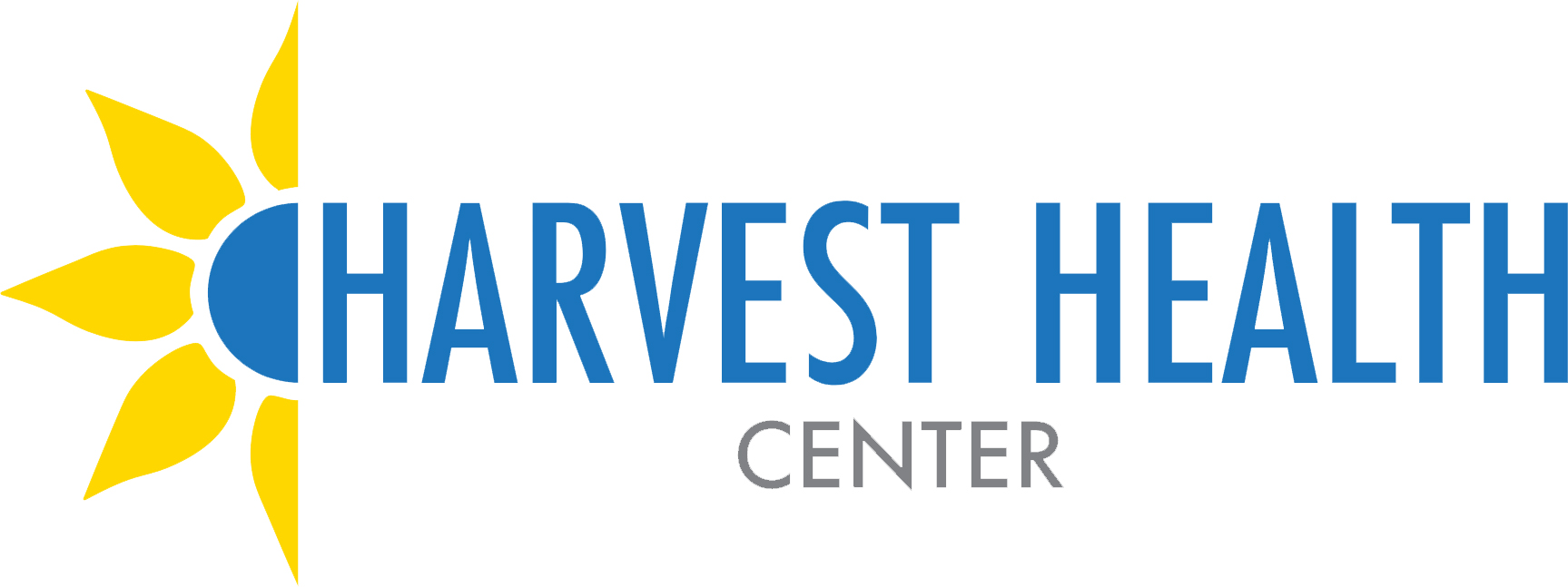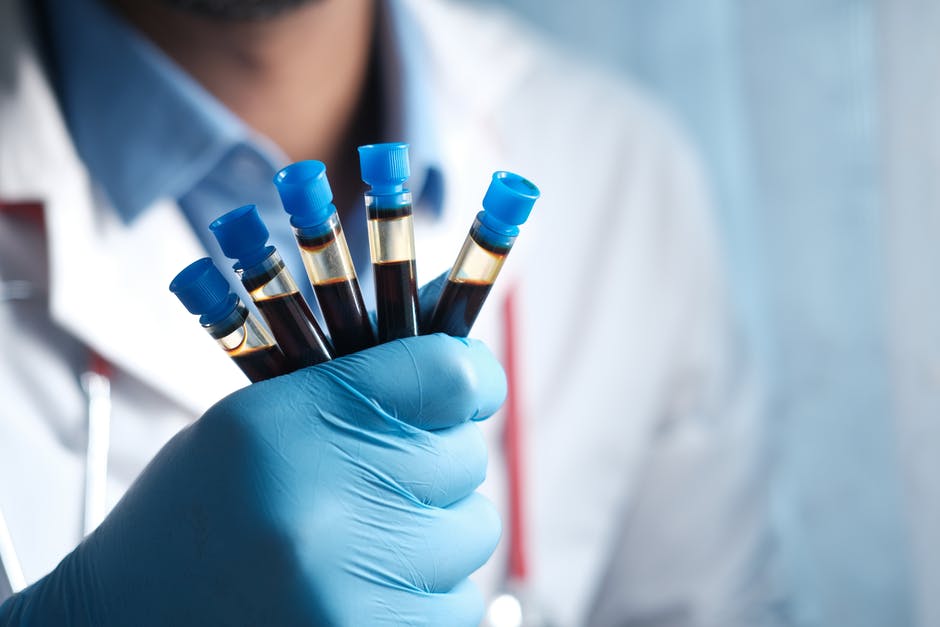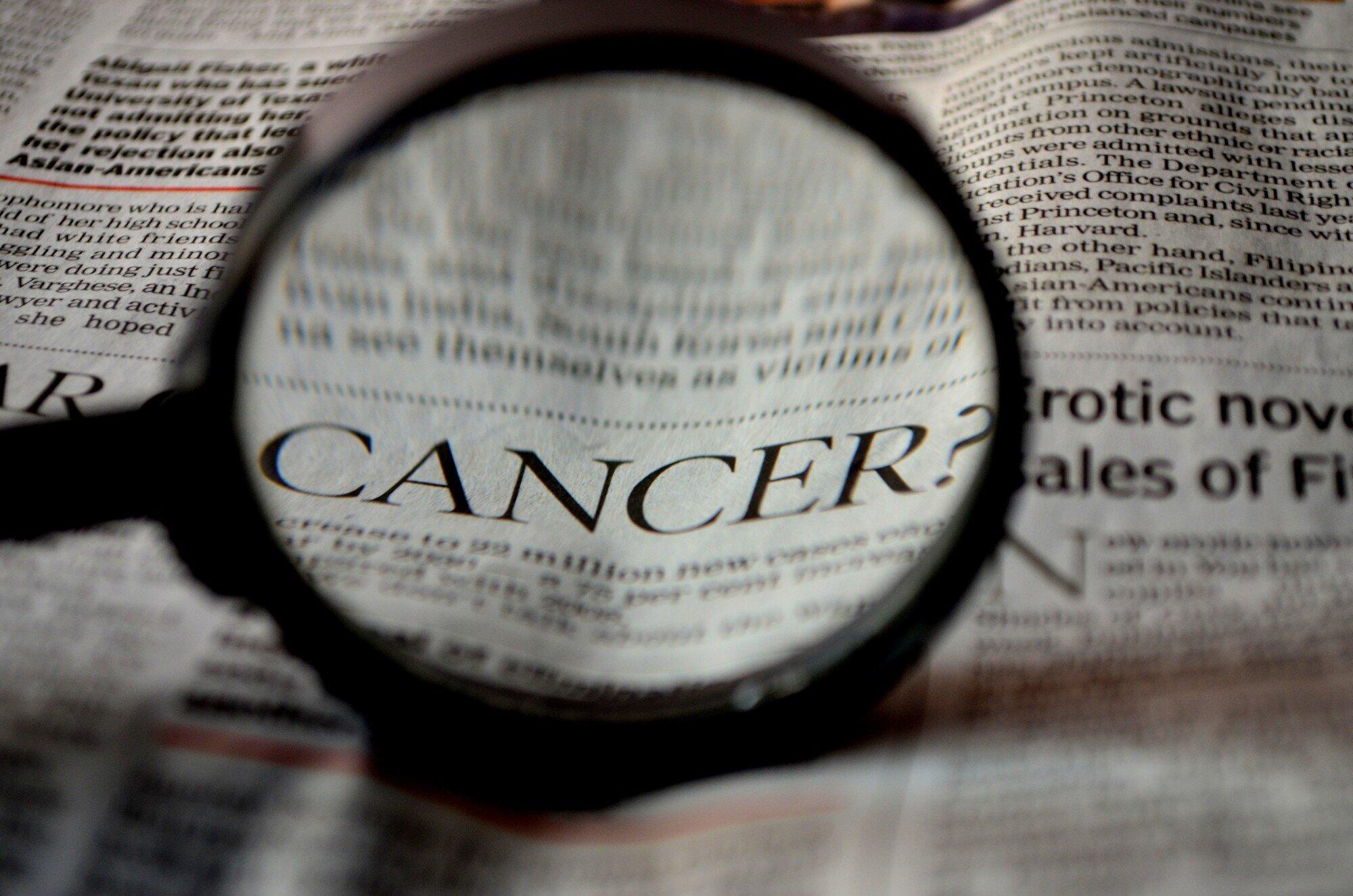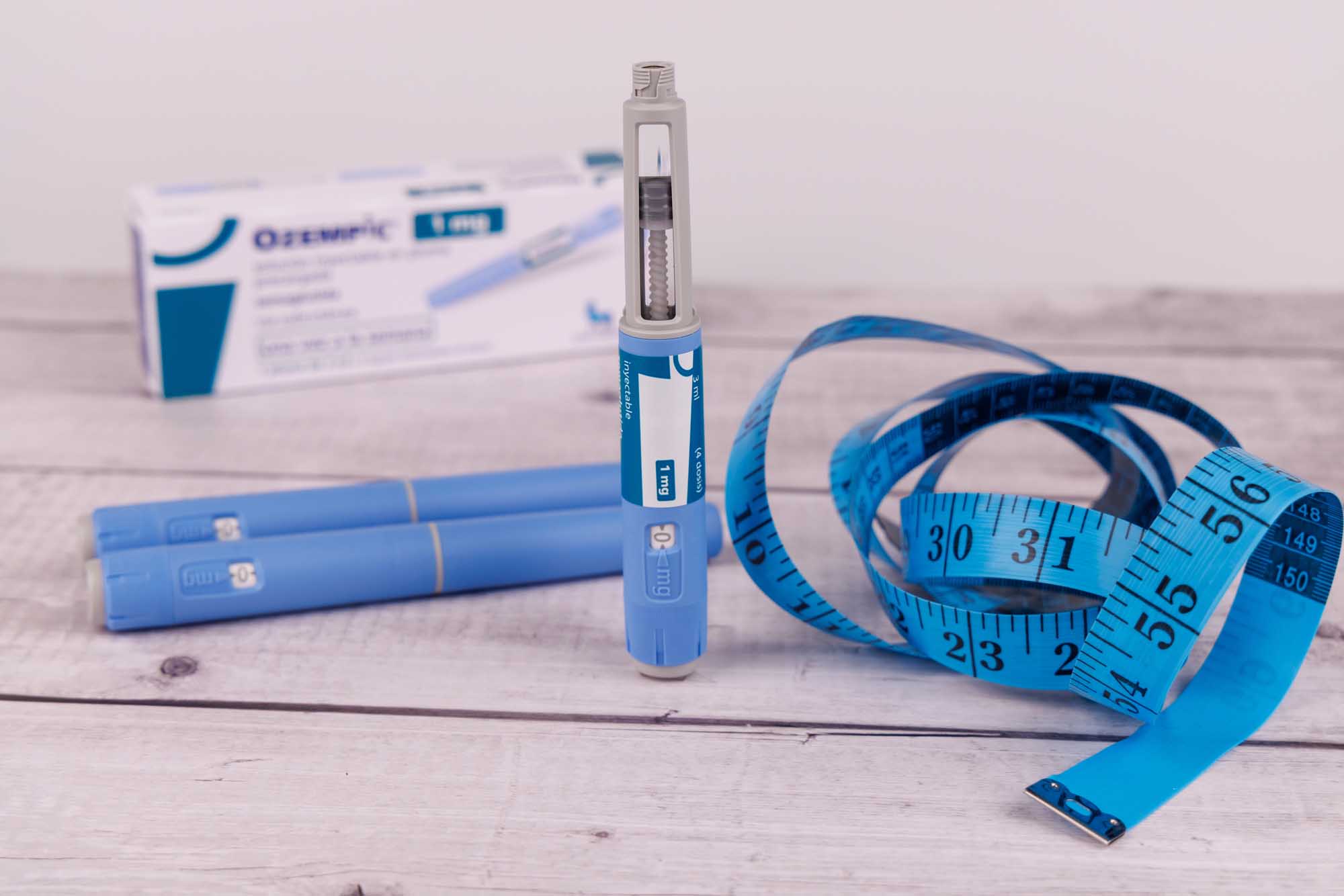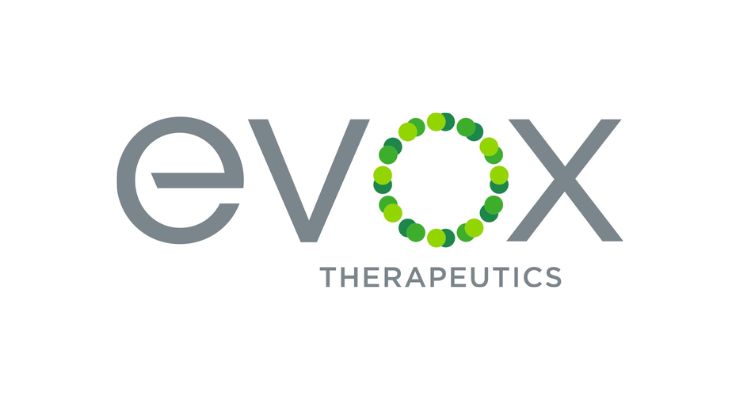According to the National Institutes of Health, cancer prevention and screening have already helped avoid nearly 4.75 million cancer deaths, an estimated 80% of all preventable cases. That’s the power of proactive healthcare.
In today’s fast-paced world, your health can often take a back seat, until something goes wrong. But what if your body has been giving signs all along? What if your blood could reveal a problem before you felt it?
If you’ve ever asked, “Will blood work show cancer,” the answer isn’t a simple yes or no, but it’s a question worth exploring. Continue reading to learn how blood work, paired with advanced testing and holistic care, can help you get ahead of serious health concerns.
Will Blood Work Show Cancer?
Can blood work detect cancer? In some cases, traditional blood tests can provide early clues that something may be wrong. Some tests highlight abnormal markers that suggest inflammation or organ dysfunction.
Others can reveal imbalances in blood cell counts that point to deeper problems. Elevated proteins or enzymes in the blood may serve as red flags for cancer or precancerous activity. While these indicators are not definitive, they provide a starting point for more specific testing.
For example:
- A complete blood count (CBC) can show abnormal white blood cell levels, which may suggest leukemia
- Tumor markers like PSA (prostate-specific antigen) or CA-125 (ovarian cancer) may raise red flags
- Elevated liver enzymes could signal liver cancer or metastasis
However, routine blood tests are not typically enough for a confirmed cancer diagnosis. They can reveal imbalances or unusual markers, but they don’t provide the full picture.
Often, further testing like imaging or biopsies is required to confirm the presence and type of cancer. Blood tests play a supporting role, helping healthcare providers decide which direction to investigate. They often serve as the first clue, not the final answer.
Advances in Blood-Based Cancer Screening
Today, the answer to “Will blood work show cancer” is getting more promising thanks to breakthroughs in medical diagnostics.
New multi-cancer detection (MCD) blood tests are revolutionizing early cancer detection. These tests analyze DNA methylation patterns, which can identify over 50 types of cancer by examining just one blood sample.
Some advantages of MCD blood tests include:
- Ability to detect cancer before symptoms arise
- Identification of where the cancer originated
- Minimal invasiveness compared to biopsies or scans
Early cancer detection gives patients more treatment options and a better chance at full recovery. Catching cancer at its earliest stages can make treatments less invasive and more effective. It allows for greater precision in choosing therapies tailored to the individual’s specific condition.
Early detection also improves survival rates and can prevent cancer from progressing or spreading. Investing in proactive screening is one of the most powerful tools in protecting long-term health.
How Blood Tests Fit Into the Cancer Diagnosis Process
Cancer diagnosis is not based solely on blood work. Blood work is often the initial step when something unusual is suspected, guiding doctors toward more targeted examinations. It can suggest whether certain organs are functioning abnormally or whether cancer markers are present.
For example, high white blood cell counts or abnormal proteins may indicate something worth investigating. These clues then lead healthcare professionals to order more specific tests. Blood tests often prompt further testing, such as:
- Imaging (MRI, CT scan, PET scan)
- Biopsies
- Genetic testing
Think of blood work as a signal, not a standalone answer. However, in integrative and alternative health settings, blood-based screening is a critical starting point.
At Harvest Health Center in Bellaire, Texas, advanced screening tools such as RGCC cancer testing can detect circulating tumor cells and assess cancer recurrence risks. These tests go beyond conventional diagnostics, providing a deeper look into the biological behavior of potential cancers.
By analyzing the presence and activity of cancer stem cells, clinicians gain valuable insights into disease progression and recurrence potential. Patients receive detailed data that guide individualized care strategies aimed at prevention and early action. This empowers patients to act before full-blown cancer develops.
Beyond Detection: Staying Ahead of Cancer
Knowing whether blood work will show cancer is only one part of the picture. Staying ahead means being proactive in:
- Cancer screening
- Preventive care
- Lifestyle changes
Here’s a closer look at how you can stay ahead of your health.
Commit to Regular Cancer Screenings
Regular screenings are one of the most effective tools for catching cancer early. These routine checks help detect abnormalities before symptoms even appear. They also provide a clear picture of your current health and any risks that may need to be addressed.
Below are several screening options to consider depending on your age, gender, and family history:
- Get age-appropriate screenings like mammograms, colonoscopies, and skin checks
- Ask your doctor about new blood tests and genetic risk assessments
- Use RGCC screening as a proactive way to spot cancer stem cells before they develop into tumors
Prioritize Early Cancer Detection
Early signs of cancer can be easy to overlook. Many cancers develop silently, without clear warning signs, and can go undetected for years.
Subtle symptoms may be mistaken for minor issues or completely ignored. That’s why proactive screening is crucial, even in the absence of symptoms. Blood work and emerging tests help reveal hidden threats:
- Tumor markers for various cancers
- Circulating tumor DNA (ctDNA)
- Methylation pattern detection to pinpoint cancer origin
The sooner cancer is found, the more likely it is to be treated.
Choose Integrative and Preventive Therapies
In addition to blood tests and scans, explore therapies that help the body resist disease. These approaches focus on:
- Enhancing your immune response
- Detoxifying your system
- Promoting cellular healing
They are designed to support your body’s natural defenses rather than suppressing them. Below are several therapies that can complement cancer prevention and strengthen overall wellness:
- Ozone therapy to boost immunity and fight pathogens
- Infiniti Matrix stem cell therapy for cellular repair
- IV Vitamin C therapy for antioxidant support and detox
These therapies, available at Harvest Health Center support the immune system and prevent cancer progression.
Address Underlying Inflammation
Chronic inflammation can contribute to cancer development. Controlling it is essential:
- Use anti-inflammatory therapy to reduce pain and cellular stress
- Try PEMF therapy to improve circulation and muscle recovery
- Choose natural supplements that combat oxidative stress
Strengthen Your Body With Holistic Care
Optimal health begins with balance across all systems of the body. This includes physical, emotional, and cellular health working in harmony. When the body is supported with targeted therapies and personalized care, it becomes more resilient against illness.
Your body thrives when it’s given what it needs:
- Medical weight loss support to decrease fat-related cancer risks
- Hyperthermia therapy targets abnormal cells without harming healthy tissue
- Nutritional counseling and lifestyle adjustments
Why People Delay Cancer Screenings and Why You Shouldn’t
Some people avoid cancer screening out of fear, cost concerns, or lack of symptoms. But these barriers can be fatal. Cancer caught in later stages is harder to treat and often more aggressive.
Many worry that screening will lead to invasive procedures or frightening news. Others assume no symptoms means no illness. Unfortunately, cancer often grows silently, undetected until it becomes life-threatening.
Blood-based screenings are simple, fast, and can save your life. At Harvest Health Center, there is a focus on:
- Patient-centered care
- Affordability
- Education
We offer a roadmap for prevention that doesn’t rely on fear but it empowers you through knowledge.
What to Expect From a Preventive Cancer Screening Appointment
Wondering what happens during a visit for early cancer detection or blood work screening? These visits are often:
- Calm
- Informative
- Empowering
You’ll start with a one-on-one discussion with a provider who listens to your concerns and goals. They’ll explain the purpose of each test and how the results will guide your care. Whether you’re there for prevention or monitoring, the process is designed to support your peace of mind and long-term wellness.
Here’s a quick overview:
- Consultation to review your health history
- Blood draw for key cancer markers or advanced MCD testing
- Optional RGCC testing for circulating tumor cells
- Review of results with next-step recommendations
- Holistic therapies tailored to your needs
Everything is guided by your risk profile, symptoms, and wellness goals. Harvest Health Center tailors each experience with care, precision, and advanced technologies.
The Role of Functional Medicine in Cancer Prevention
Functional medicine takes a big-picture approach. It’s not only about treating cancer. It’s about understanding what causes it and what your body needs to resist it.
Instead of relying solely on drugs and surgery, the team may explore:
- Detoxification protocols
- Gut health and immune balance
- Environmental exposure evaluations
By addressing root causes, you lower your risk of disease recurrence and increase your odds of lifelong wellness.
Take Control of Your Health Journey With Confidence and Clarity
So, will blood work show cancer? It may not always provide a final diagnosis. However, it can be the first warning sign.
The real value lies in combining blood work with cutting-edge screening, functional medicine, and holistic therapies.
At Harvest Health Center, you’ll find an advanced, integrative approach to cancer care. Our non-toxic methods aim to prevent cancer, not just treat it. We specialize in helping patients catch disease early and heal without chemotherapy or radiation.
Schedule a consultation with Harvest Health Center and discover your personalized plan for prevention and healing.
